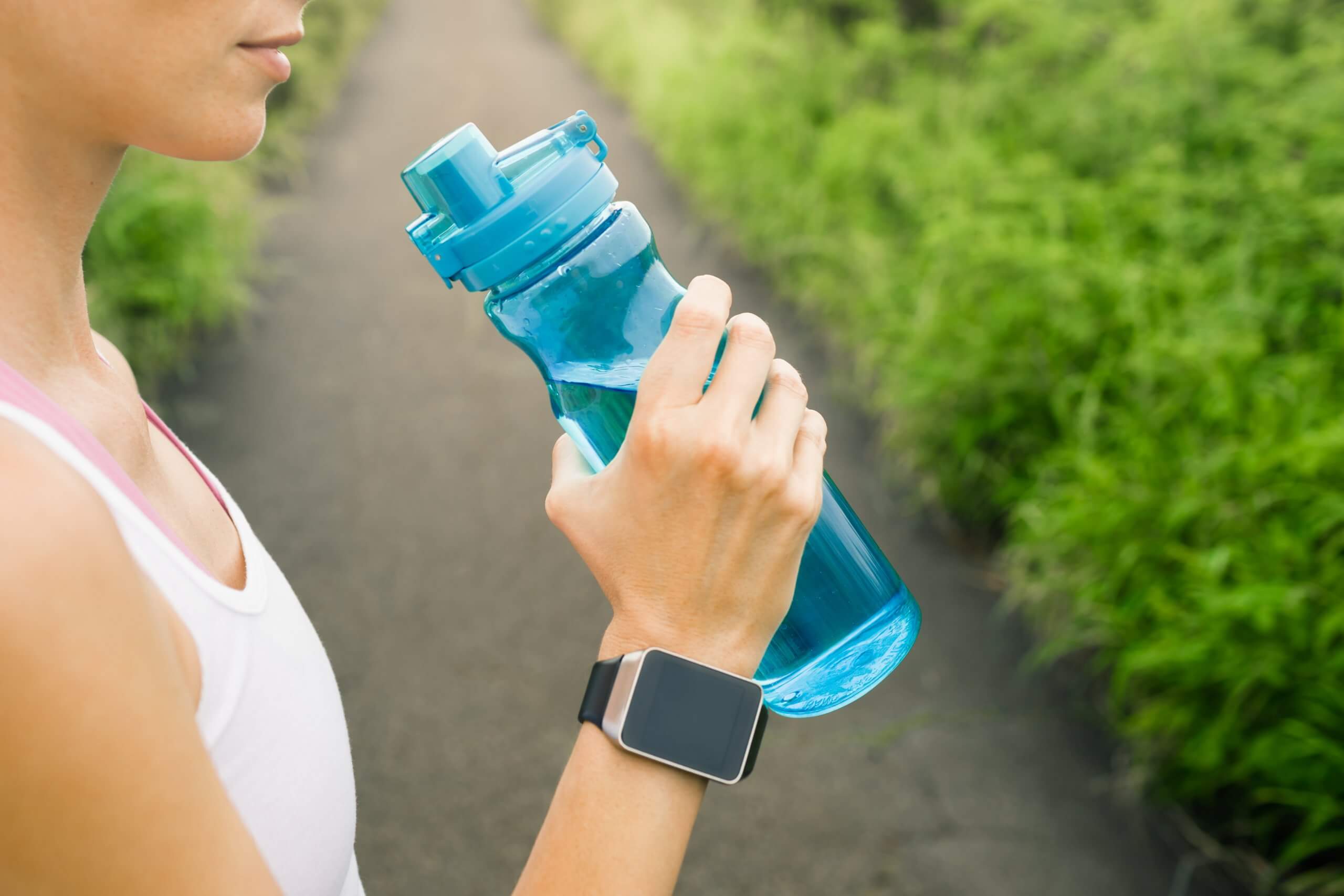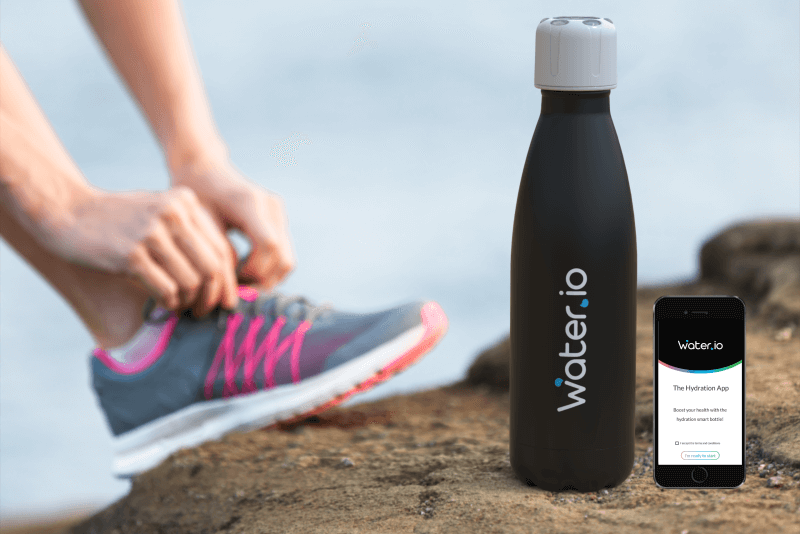We’ve all heard about mineral enhanced water and bottled water that comes with added vitamins and electrolytes. But is smart water good for you or not?
We’ve all heard about mineral enhanced water and bottled water that comes with added vitamins and electrolytes. This water is marketed as offering superior hydration and as an aid for your bodily processes through added benefits of the vitamins included in the water. With all the different types of enhanced or “smart” water available to us these days, how can we figure out which ones are worth the hype?
Does mineral or vitamin enhanced water really improve hydration or performance?
Scientists have found that regular water works just fine for normal rehydration. Only during times or extreme dehydration or high activity level, you may require added vitamins and minerals namely electrolytes.
So why do bottled water companies keep manufacturing water with added vitamins and minerals?
First, it is important to read the ingredients on the bottled water label. If you find that there are added sugars or calories, then they probably aren’t going to help your hydration levels (and actually may take away from your performance). Vitamins and electrolytes do not add any calories, sugars or carbohydrates so if your bottled water has these extra elements added then it is probably for other benefits like taste and won’t serve the purpose of rehydration.
Second, it has been found that vitamins added to water aren’t absorbed through the body as well as they are when eaten with food. This is because water soluble vitamins are passed too quickly through the digestion system and cannot be absorbed in time. Also some bottled “enhanced smart water” does not have an adequate amount of electrolytes or vitamins to make any significant difference. Our bodies are very efficient at getting the nutrients and vitamins we need from our food sources. Enhanced smart water is not as effective working with the body processes as much as the absorption rate through food.
Third, while it has been shown that moderate amounts of minerals are found in regular drinking water and are good for you (like calcium) – these are already added to tap water. Buying bottled water with added minerals can be costly for the purchaser but good for the manufacturer. Keep reading, below we will discuss alternatives to buying smart, mineral enhanced water as a way to keep getting your vitamins and alleviate the strain on your wallet.
However, some users will swear that electrolytes or vitamins added to their water really do make a difference whether it is for performance or taste. This could be a perceived placebo effect where the consumer wants to feel like they are getting benefits from the water that they are spending so much money on. It has been found out that some bottled water brands simply filter out municipal water sources and add minerals to the water. They use a vapor distilled filtration process which removes all contaminants and heavy metals. After the water is filtered, companies add back minerals for taste and to balance out the distillation of the water. (See our other post on if Distilled Water is Healthy to Drink). So the consumer is not buying a special water, just one that has been filtered and enhanced. Some studies have found that enhanced water does help but it depends on the types of vitamins added and the health reasons that they are being consumed for.
Another thing to consider is that not all plastic water bottles are BPA free and some of the plastics used to make the bottles have harmful chemicals. These chemicals (especially when exposed to heat or sunlight) can leak into the water and can be toxic to the human body. When this happens it makes it redundant to be adding minerals or vitamins to water that could be influenced by chemicals leaking from the bottle. These chemicals can also influence the taste of the water, so how does the consumer know they are tasting minerals or toxins from the plastic?
What are some alternative to smart water?
Since smart water is essentially filtered tap water you can purchase a filter for your faucet and add minerals or vitamins to tap water. The filter is important to remove metals and contaminants that could be in the water or household piping. The most common vitamins added to bottled smart water are calcium, magnesium, potassium and sodium. It could be helpful to contact your municipal water company and get reports (they usually publish these on a regular basis) about the mineral content in your water already. Tap water has some minerals, like calcium, already added to it so you may not need to add very many additional vitamins.
To add vitamins to tap water, you can purchase packets of vitamins or even electrolytes that are packaged into individual serving sizes. For those who cannot get calcium from dairy sources – it may be helpful to add it to their water. These packets are cheaper to purchase than bottled smart water and usually have other vitamins included that can be added to water. Other vitamins like magnesium can be taken in supplements, which offer the same benefits, instead of being added to water.
So is smart water good for you? The bottom line:
While it may seem like these smart waters are helpful to keep your body healthy – the most important thing is to keep your body hydrated and sustain an intake of healthy fluids. Avoiding sodas and enhanced sports drinks is crucial to keeping your body running smoothly. Whether or not minerals added to water will contribute that much to your body’s processes is still up for debate. Bottled smart water may not be the answer to your hydration needs since filtered tap water can be just as beneficial. For those occasions when you are very dehydrated or after an intense exercise regime, electrolyte water can be helpful to replenish fluid loss. On an everyday basis, it has been found that we can efficiently receive our necessary vitamins and minerals from the foods that we eat.
We also have to weigh the potential environmental consequences and negatives before only purchasing enhanced bottled smart water. The cost of plastics and shipping water from other sources may not be feasible in the long run. Especially when we can add minerals to tap water or other local sources which are eco-friendly alternatives to bottled water.





